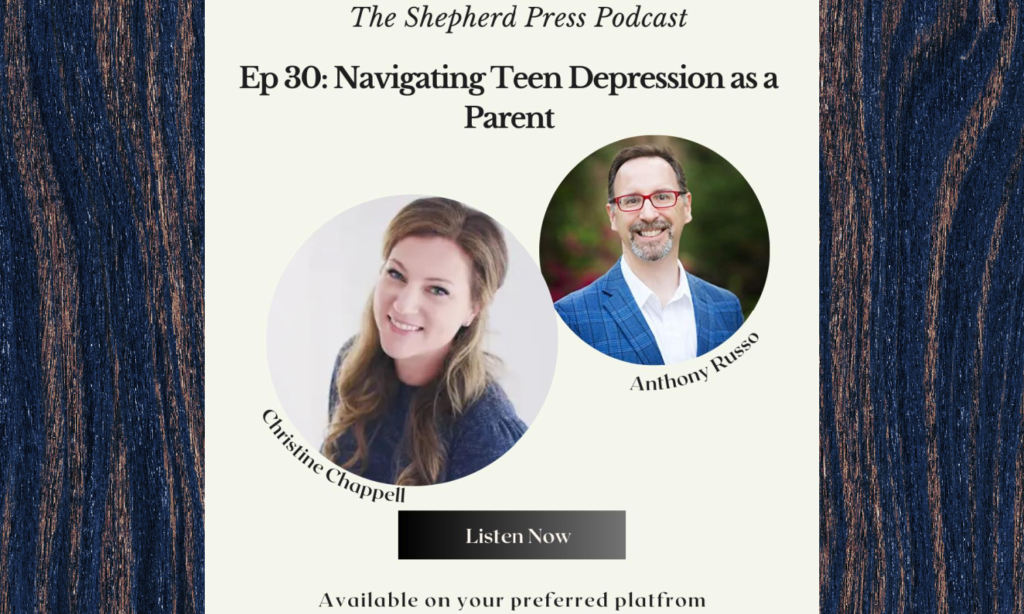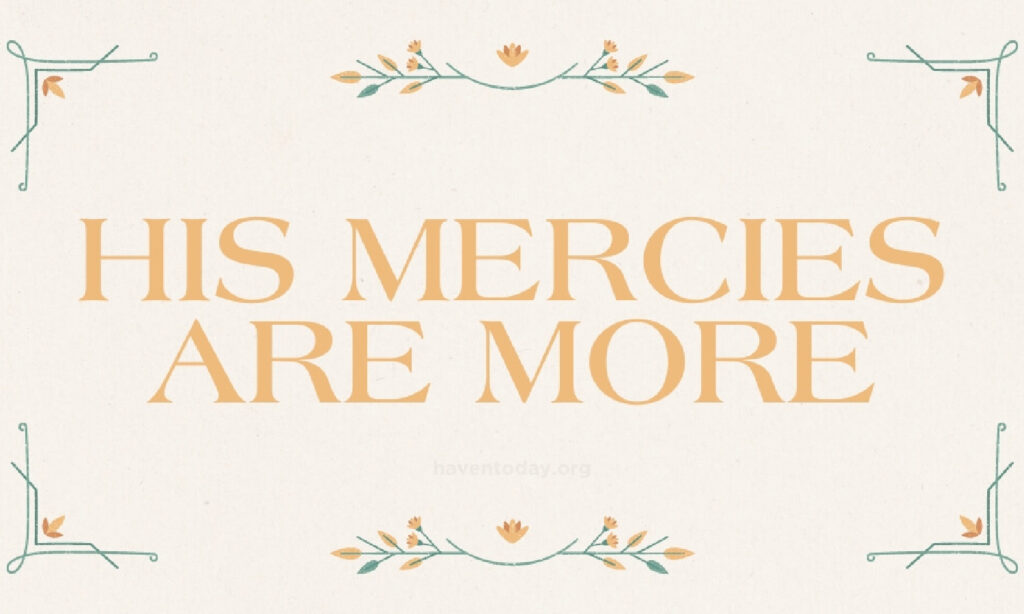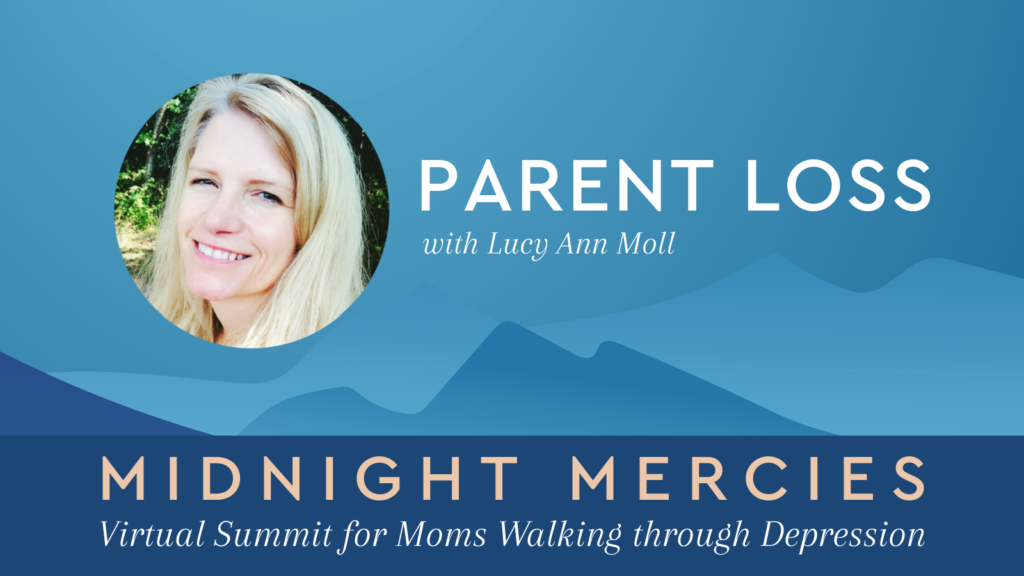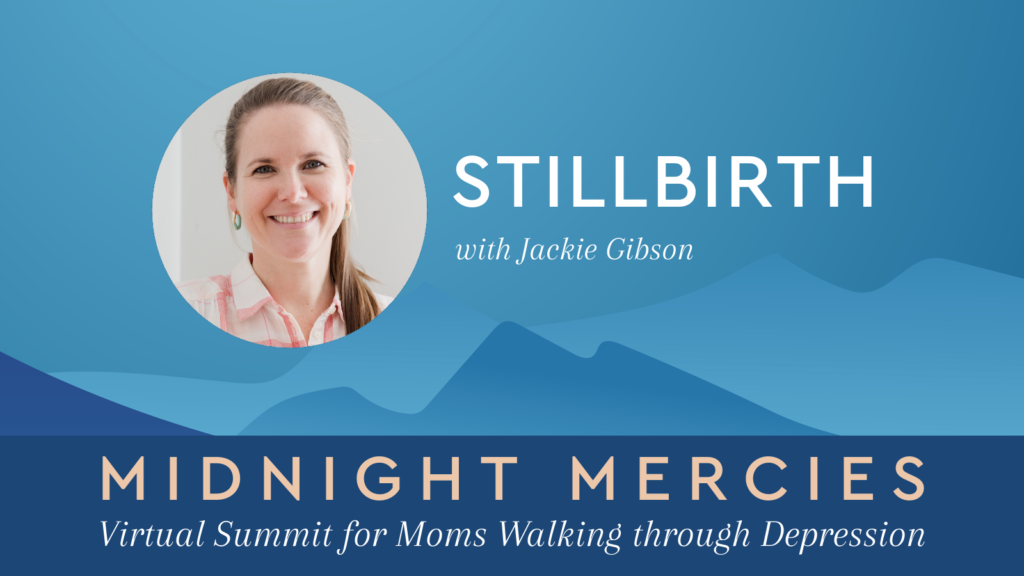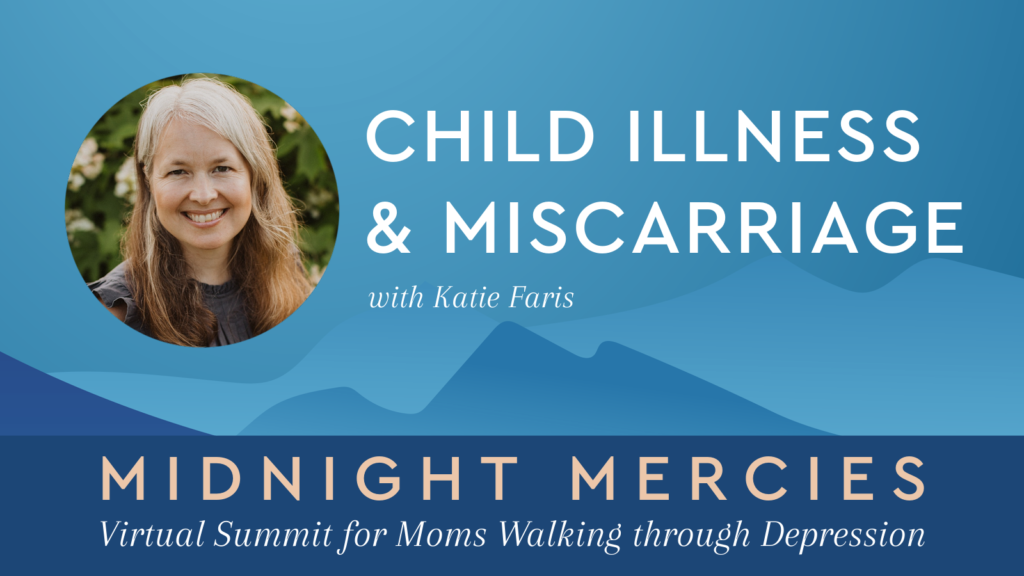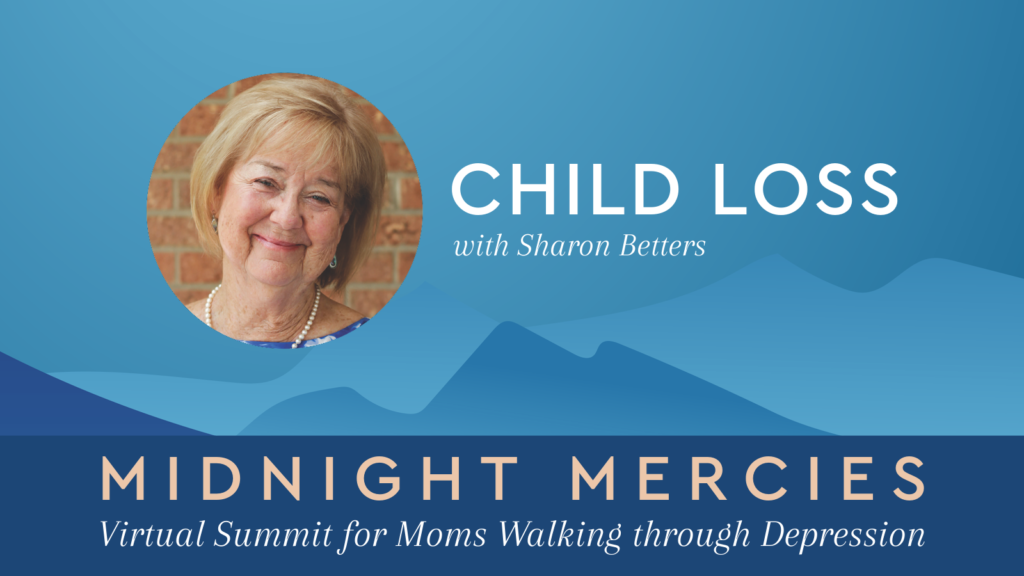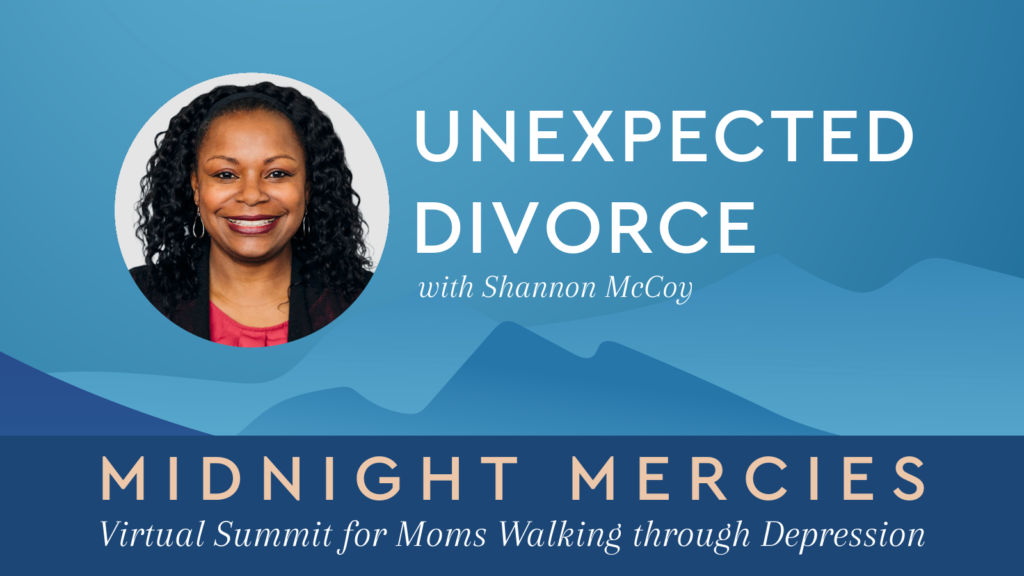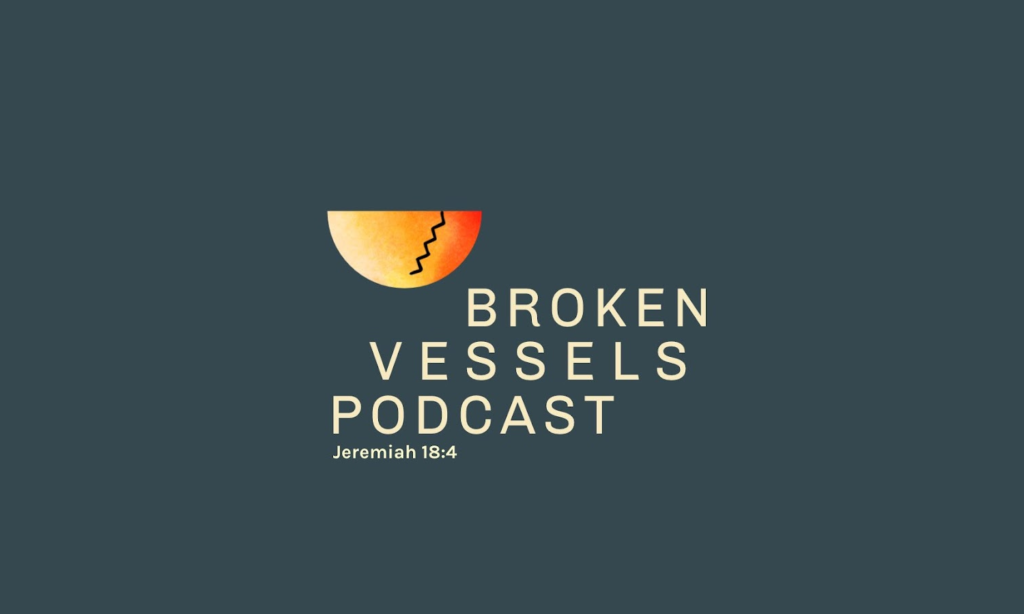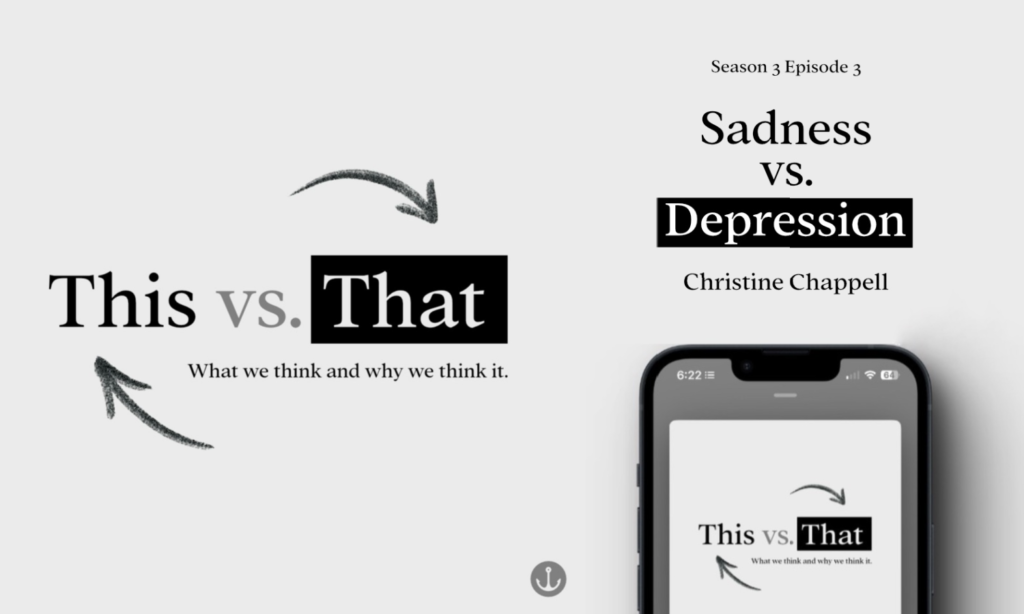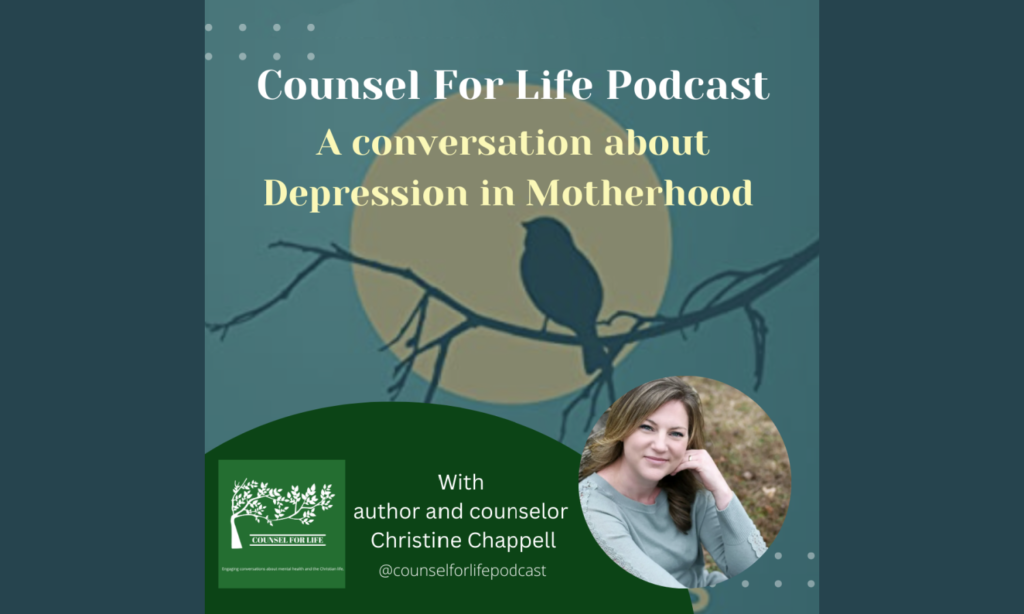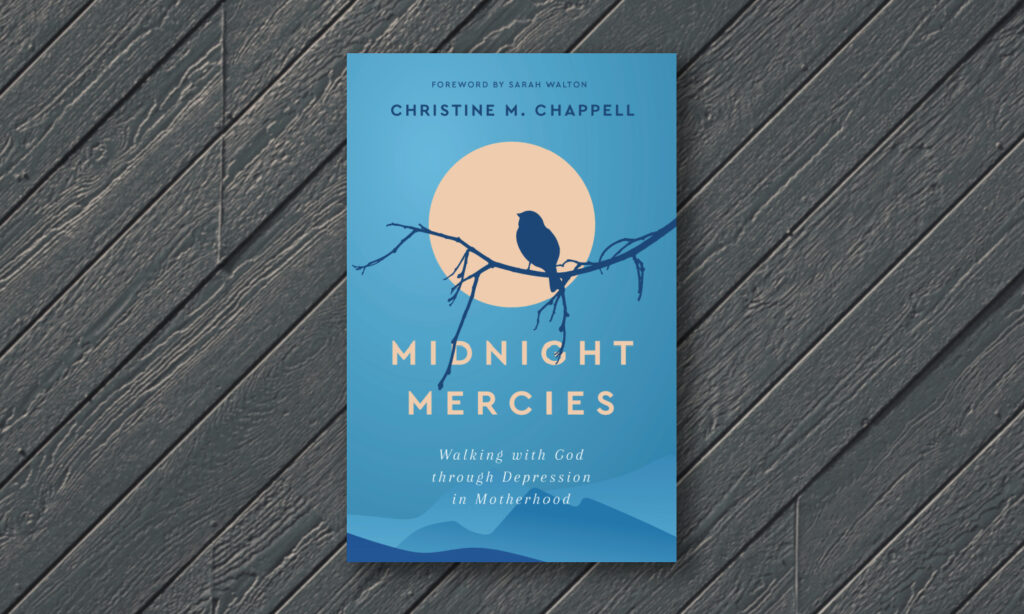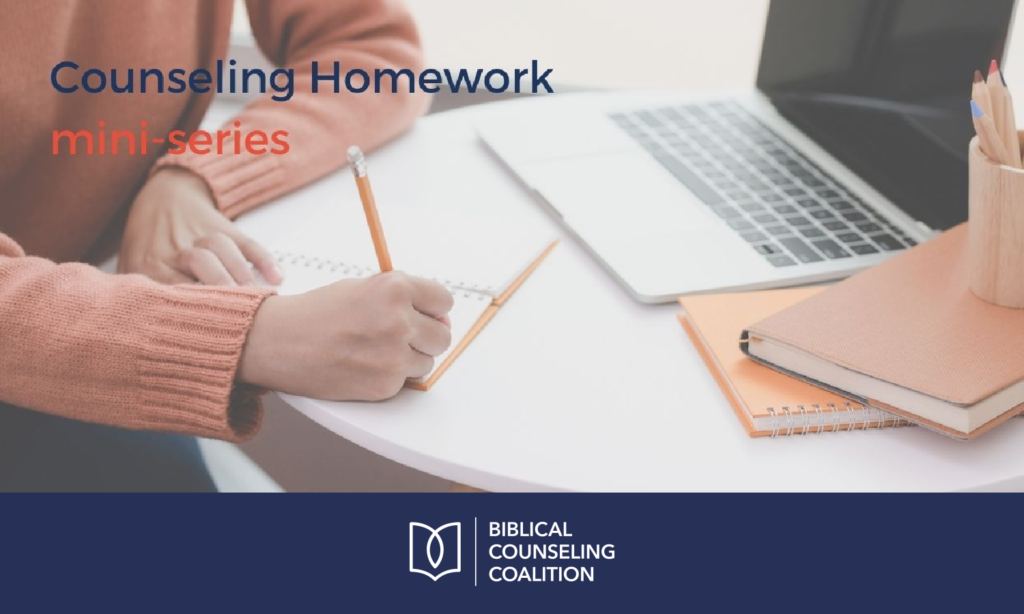As I was writing last week, I stumbled upon John Mark McMillan's record, "The Song Inside the Sounds of Breaking Down" on Spotify. His song, "How He Loves" is one I am quite familiar with, but there's a particular version of the song on this record which was totally new to me—and it stopped me in my tracks.
I had to replay the end of the song to hear it again. I heard the name, "Stephen" but had a hard time making out the other words. I could tell McMillan was crying while attempting to sing the lyrics.
So I looked online to see if I could figure out what he was saying. And I did.
You don't often hear musicians crying in their recordings—and it moved me to tears, even before I knew the lyrics. I wept because his grief was stealing away his voice, which was something I resonated deeply with. Hearing his pain made me recall a time when, through my weeping, I read a goodbye letter to my Dad, who was dying from cancer.
Agony also stole away my voice when I forced, "thank you, Dad," from my lips.
I had no idea the world-renowned song, "How He Loves," originated from a deep grief McMillan had walked through. Writing the song was his way of wrestling with the pain, anger, and frustration he felt after losing his best friend in a car accident.
According to WorshipLeader.com,
I had to replay the end of the song to hear it again. I heard the name, "Stephen" but had a hard time making out the other words. I could tell McMillan was crying while attempting to sing the lyrics.
So I looked online to see if I could figure out what he was saying. And I did.
You don't often hear musicians crying in their recordings—and it moved me to tears, even before I knew the lyrics. I wept because his grief was stealing away his voice, which was something I resonated deeply with. Hearing his pain made me recall a time when, through my weeping, I read a goodbye letter to my Dad, who was dying from cancer.
Agony also stole away my voice when I forced, "thank you, Dad," from my lips.
I had no idea the world-renowned song, "How He Loves," originated from a deep grief McMillan had walked through. Writing the song was his way of wrestling with the pain, anger, and frustration he felt after losing his best friend in a car accident.
According to WorshipLeader.com,




